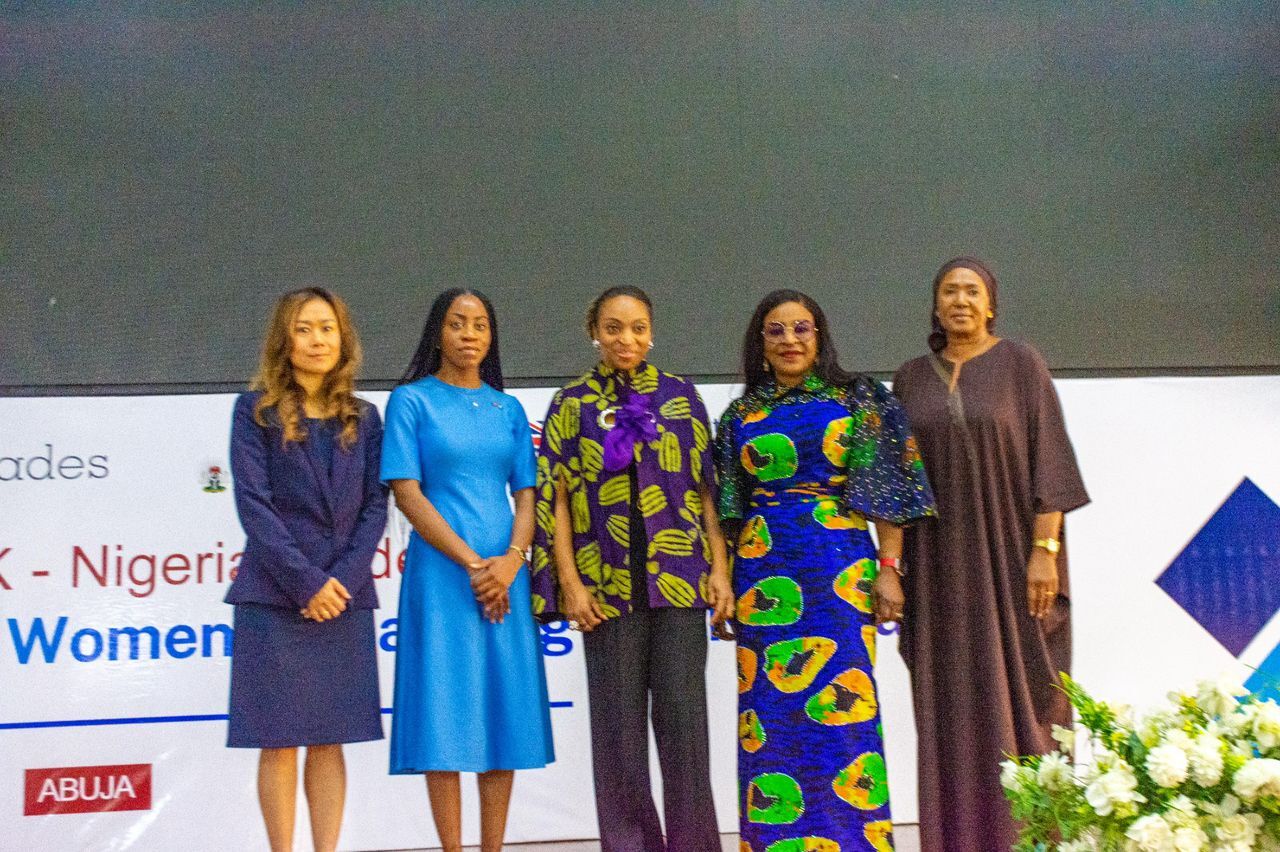The House of Representatives has called on Nigerians to prioritise locally made goods, stressing that the country’s economic future depends on boosting domestic production, value addition, and reducing reliance on imports.
Speaking at the Made in Naija Trade Exhibition organised by the House Committee on Commerce on Tuesday, the Speaker described the event as a practical demonstration of Nigeria’s industrial ambition and a timely response to the urgent need for economic self-reliance.
“The country must shift from an import-dependent economy to one built on domestic production, value creation, and inclusive growth,” Abbas said. “Strengthening local production is not just a tactic for survival—it is a duty we owe to present and future generations.”
He commended the exhibition’s chairman, Hon. Ahmed Munir, for translating legislative support into tangible initiatives that encourage innovation, entrepreneurship, and industrial growth. With the theme “Reshaping the Future of Commerce,” the exhibition aligns with Nigeria’s broader development objectives and the African Continental Free Trade Area (AfCFTA), which offers immense opportunities for competitive economies.
Abbas highlighted the Nigeria First Policy, launched by President Bola Ahmed Tinubu and endorsed by the National Assembly, which mandates that government agencies prioritise locally manufactured goods in all public procurement.
“Its goal is clear: to boost domestic industrial output, reduce over-reliance on imports, and create sustainable employment,” he said.
The Speaker also urged Nigerian manufacturers to uphold global standards, stressing that quality is key to consumer trust and international competitiveness. “Our products must be credible and dependable if we are to compete on regional and global stages,” he said.
Vice President Kashim Shettima, represented by Dr. Aliyu Modibbo Umar, reaffirmed the Federal Government’s commitment to supporting local industries. “There is nothing that advertises the pride of a nation like the craft, creativity, and innovation of its people,” Shettima said. “Our wealth lies not in resources alone, but in what we make of them.”
Hon. Ahmed Munir noted that prioritising local content could create over five million jobs by 2030, move youths from unemployment into factories, workshops, and innovation hubs, and save up to $20 billion annually in foreign exchange through reduced import dependence.
He added that Nigeria-made products are expected to contribute an additional 5% to GDP within five years.
“Our vision extends beyond Nigeria’s borders,” Munir said. “Products made here must compete globally—from Lagos and Abuja to London, Beijing, and New York.”
The exhibition, the lawmaker said, is part of a sustained push by the 10th National Assembly to build a strong, resilient economy “brick by Nigerian-made brick,” backed by policies to support industrial growth, innovation, and long-term prosperity.






